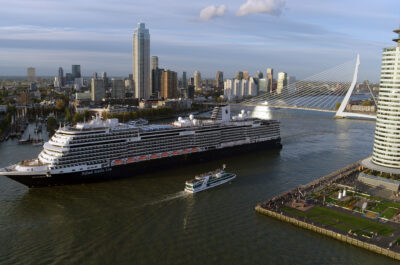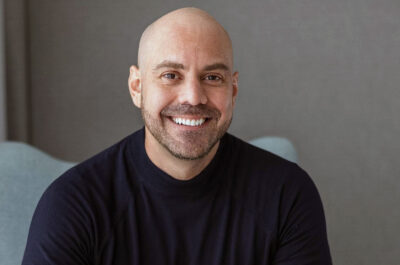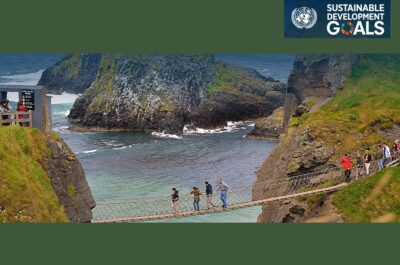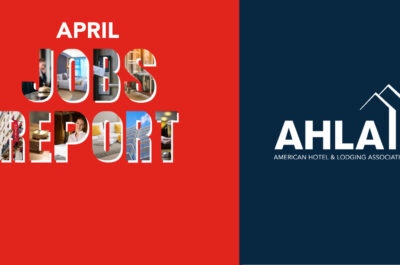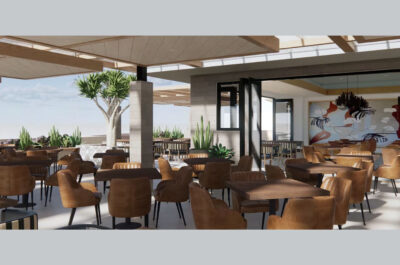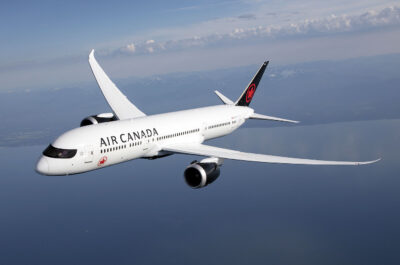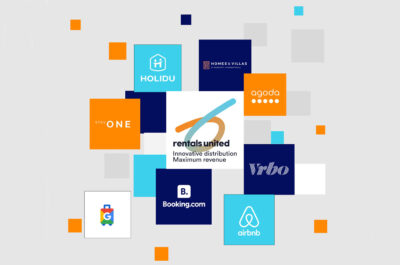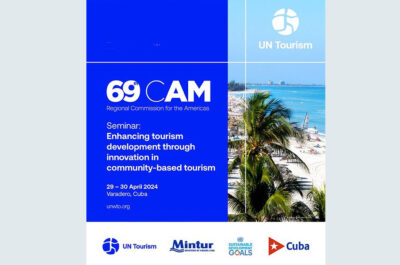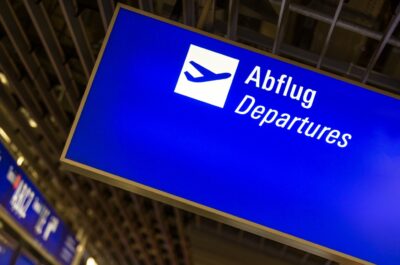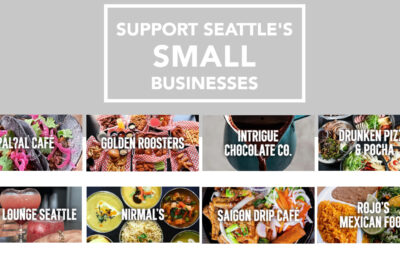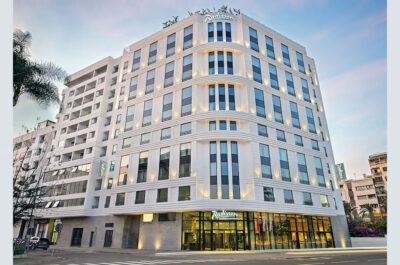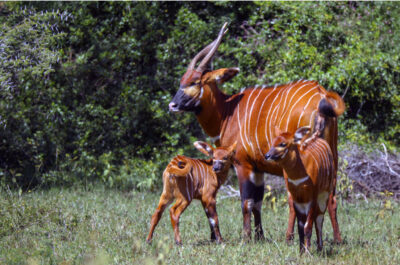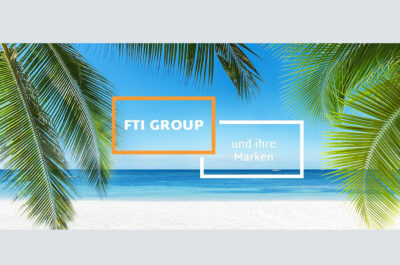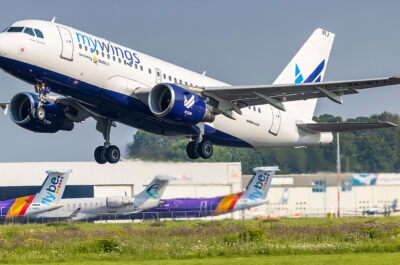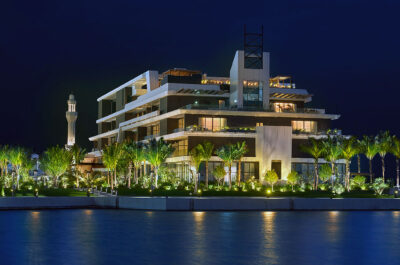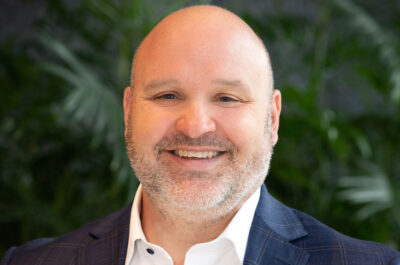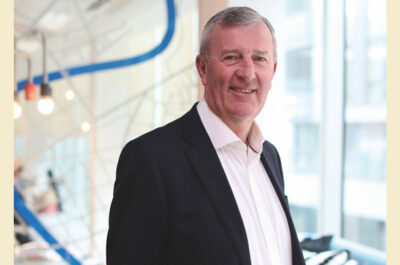…
Mr. FRANCESCO FRANGIALLI
Secretary-General of the World Tourism Organization
Senor Secretario de Estado de Comercio y Turismo, Don Francisco Utrera Mora,
Senora Directora del Patronato de Turismo de Madrid, Dona Covadonga González
Quijano,
Senor Director-General de IFEMA, Don Fermín Lucas
Distinguished delegates,
Ladies and gentlemen,
It is my great pleasure to open TOURCOM-WTO’s first ever world conference on tourism communications. FITUR is always an excellent opportunity to welcome WTO members and friends to our hometown of Madrid, but interest and participation in this conference has far exceeded our expectations-with delegates registered from 124 different nations, making it a truly global event.
I believe there are several reasons for the great interest in this topic. First of all, it is being held at just the right moment, following three years of crisis in our sector,which underscored the importance of the relationship between tourism and the news media.
Secondly, this difficult period has made tourism destinations and tourism businesses more aware than ever before of the need for effective communications programmes-like media relations, promotional activities, and branding. Thirdly, advances in communications technology, round-the-clock news coverage, globalization of the news media, and-at the same time-a proliferation of new media outlets offering alternative viewpoints are developments that are rapidly changing the communications field-forcing all of us to update our strategies and skills.
The aim of TOURCOM then is to provide the tourism industry with new information about how to communicate better, to provide the communications professionals here with new information about how the tourism industry works and in the process stimulate creative solutions that will improve the working relationship between tourism and the media.
Ladies and gentlemen,
I believe the nature of tourism and the nature of the media have a great deal in common. One of the fundamental objectives of the media is to educate and inform readers, listeners and viewers. Because it is only through objective, timely and abundant information that a society can truly be independent, democratic and free.
The value of tourism is similar. In the WTO Code of Ethics for Tourism it states in the preamble that the direct, non-mediatized contacts tourism engenders between men and women of different cultures and different lifestyles, represents a vital force for peace, friendship and understanding. When we travel, we get to know different cultures, we come into contact with new ideas, new values, and different religions. Tourism is clearly a process of education and of liberation.
It is no accident that in old regimes throughout the world there were many restrictions on travel, just like there were many restrictions on the media.
On the other hand, tourism by nature is highly dependent on media reporting. The vast majority of holiday decisions are made by people who have never seen the destination for themselves. They select a place to go, they buy plane tickets and reserve hotel rooms based only on what they have learned from their travel agent, from friends and above all from the media. Research has shown that the media is many times more influential in the selection of holiday spots than travel agents and even more influential than the recommendations of friends.
The series of crises that has shaken the tourism sector in recent times has made all of us more aware of this dependence than ever before. Tourism has really taken a beating over the past few years. Beginning with the tragedy of September 11th, the war in Afghanistan and then in Iraq, several tragic attacks on tourists-in Bali, in Djerba, in Mombassa, and in Casablanca-where innocent people were deliberately targeted so that it would create maximum attention around the globe, followed by the SARS epidemic, accidents such as the Prestige oil spill here in Spain, natural disasters and at the same time a major economic downturn in key tourism generating markets….it seems we have been spared nothing!
My impression is that the impact of these different shocks on the tourism industry varied greatly depending on the way that they were reported in the news media.
Look at the bombings last November in central Istanbul, for example. The Istanbul bombings were widely reported, but not as obsessively as several previous incidents in the same city, and consequently they haven’t caused nearly as much disruption in the tourism industry.
Or look at the difference in the 24-hour-a-day coverage of the SARS crisis last spring-which brought travel in Asia to a standstill-compared to the low-key coverage of the new SARS cases this winter. Many tourism officials in Asia are now saying that their SARS crisis last year was not an epidemic at all, but rather an infodemic.
Traveller panic over these problems is in part irrational. It’s a reaction to excessive media coverage and to a perceived safety threat that is often way out of proportion with the real situation. Seasoned travellers already know this and we can see that the general public is also becoming somewhat desensitized to crisis. For example, we can see a difference between the Gulf War in 1991 when air travel decreased dramatically throughout the entire world, and the reaction to the war in Afghanistan or Iraq-where it was mainly travel to the region that was affected.
This growing insensitivity helps destinations recover more quickly from a crisis, as public attention turns to the next big news story. But journalists still need to be aware that the way they interpret and the way they report on an event can have severe implications for tourism. On the other hand, if news coverage is balanced and sober, it can have fewer negative impacts. I hope your discussions here in TOURCOM over the next two days will focus on this point and help identify communications standards based on mutual respect that will help rather than hinder our industry.
This is exactly what’s called for in the Code of Ethics. In Article 6, which spells out the responsibilities of the various stakeholders in the tourism industry, it says: The press and particularly the specialized travel press should issue honest and balanced information on events and situations that could influence the flow of tourists; they should also provide accurate and reliable information to consumers of tourism services.
Ladies and gentlemen of the media, that is what the tourism sector requests of you.
At the same time, we’re working on another initiative to encourage more accurate tourist information in the travel advisories issued by governments for their citizens. As many of you know, travel advisories are frequently criticized for not providing enough details about the exact nature or location of a safety threat. Consequently there is often a negative impact on tourism to an entire region.
While our Code of Ethics recognizes the right and the responsibility of governments to warn their citizens about potential dangers, we feel there is a need for new standards that will help protect destinations in the developing world from unnecessary loss of tourism income. To move this project forward, WTO is organizing a consultation with foreign office representatives from the major tourism generating countries next month. We are also convening a special International Conference on Travel Advisories to be held in Syria later in the Spring. We’ll be sure to keep all of you informed of our progress in this area.
****
On Tuesday, WTO announced preliminary results for world tourism in 2003. They showed a decline of 1,2 percent in international arrivals last year, this after a decline of half a percent in 2001 and a modest gain of 2.7 percent in 2002. The complex series of problems that have hit our sector one right after another for the past three years have brought growth of the tourism industry to a standstill. But nonetheless some 694 million people visited a foreign country last year and WTO’s panel of experts believes the perspectives for 2004 are positive.
The long awaited recovery of the European economy is expected to follow the recovery already underway in the United States and Japan. And there is a strong pent up demand for travel by people who postponed holidays, or business travel or meetings due to the circumstances of the past few years.
These are the two main factors that give me optimism as 2004 gets underway. If there are no major new disasters and fear begins to abate, if security procedures now in place prove effective but not so bothersome that they extinguish the desire to travel, then I believe we can have confidence in the industry’s remarkable resilience and its ability to rebound after a crisis.
Ladies and gentlemen,
While the tourism industry has suffered from greater volatility during this recent crisis period, it has also had some positive outcomes. When things are going well, tourism growth tends to get taken for granted. Unfortunately, it’s only when the going gets rough that attention is focused on the tremendous benefits of tourism- in reporting about lost earnings, export income, tax receipts and employment. A new realization of the importance of tourism communications is another positive outcome of this difficult period. One destination after another has had to deal with the impact of a crisis situation. Most tried harder than ever before to communicate with the media, with their partners in the travel industry and with potential tourists-to keep them informed about what was actually happening in the destination.
At WTO, our Tourism Recovery Committee has issued a series of crisis management guidelines that focus on communications and we held five regional seminars on this topic around the world last year.
Governments have been putting a higher priority on tourism since the crisis period began. And that same recognition of the importance of tourism has taken place at the highest level in the General Assembly of the United Nations, which unanimously agreed on December 23rd to make the World Tourism Organization its newest specialized agency. This decision puts tourism for the first time on an equal footing with other essential human activities: such as industry, agriculture, education, culture, health and labour-all sectors that already have a specialized agency within the United Nations.
It is a great moment of recognition for the tourism industry: recognition in particular of its ability to alleviate poverty through the creation of small and medium sized tourism businesses and the creation of new jobs.
For this reason WTO is undertaking a new communications campaign with the slogan Tourism Enriches. En francais: Le tourisme, source d’enrichissement y en espanol: El turismo es riqueza. There is a brochure introducing the campaign in your information pack.
This is the first time WTO has aimed a campaign at the general public and the message we want to communicate is that tourism enriches society at all levels: the individual, the family, the community, and indeed the entire world. It’s a simple, upbeat idea and a simple beginning, but ultimately the campaign is intended to be
developed and used by the tourism ministries in our member countries as they see fit.
The success of Tourism Enriches also depends in part on its diffusion in the media and for this I call on the collaboration and creativity of all of you attending this conference.
Years ago in this same auditorium during FITUR, WTO introduced a new concept in tourism development called public-private sector partnership. This idea has been widely embraced by our membership and now forms one of the pillars of the World Tourism Organization. With TOURCOM, WTO would like to expand this concept to include a third partner: the media. It’s clear that tourism thrives on transparent, honest and effective communication. The media is an essential partner in this and so are the communications professionals who work in the tourism industry.
We are taking advantage of this conference to call upon all stakeholders in the tourism industry and the media, to work more closely together and make an effort to exchange regular and truthful information that helps ensure sustainable growth of international tourism.
I wish your conference the utmost success in strengthening this new partnership and stimulating exciting communication amongst all of you.
I hereby declare TOURCOM open.




